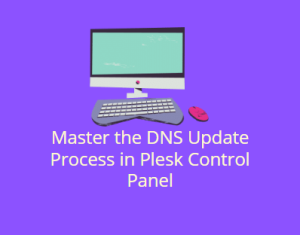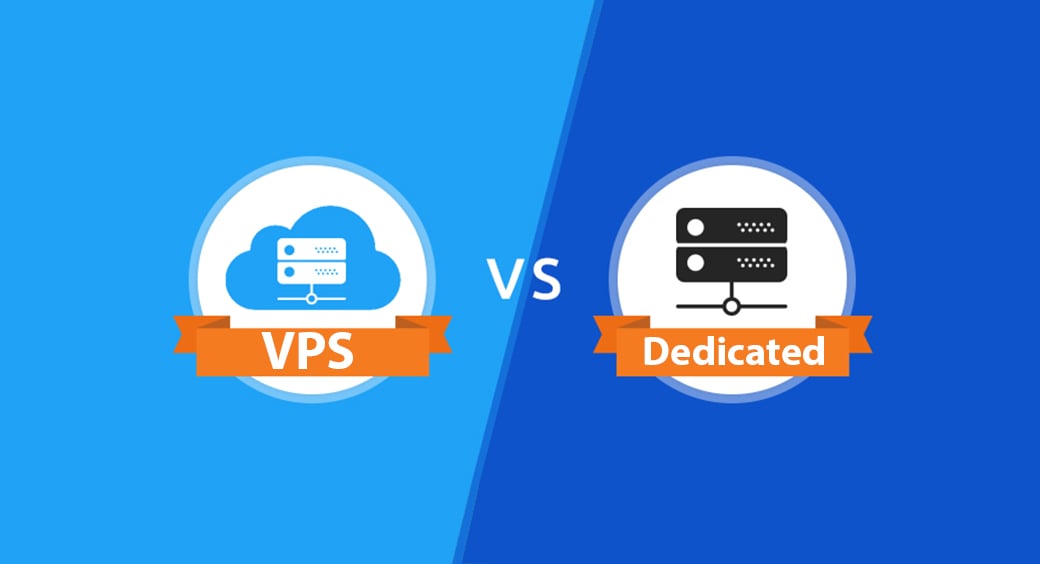
In the vast landscape of web hosting solutions, two options stand out prominently: Virtual Private Servers (VPS) and Dedicated Servers. These two choices cater to different needs and priorities, making it crucial for businesses and individuals to understand their differences before making a decision. In this comprehensive guide, we’ll delve into the intricacies of VPS and Dedicated Servers to help you determine which one suits your requirements best.
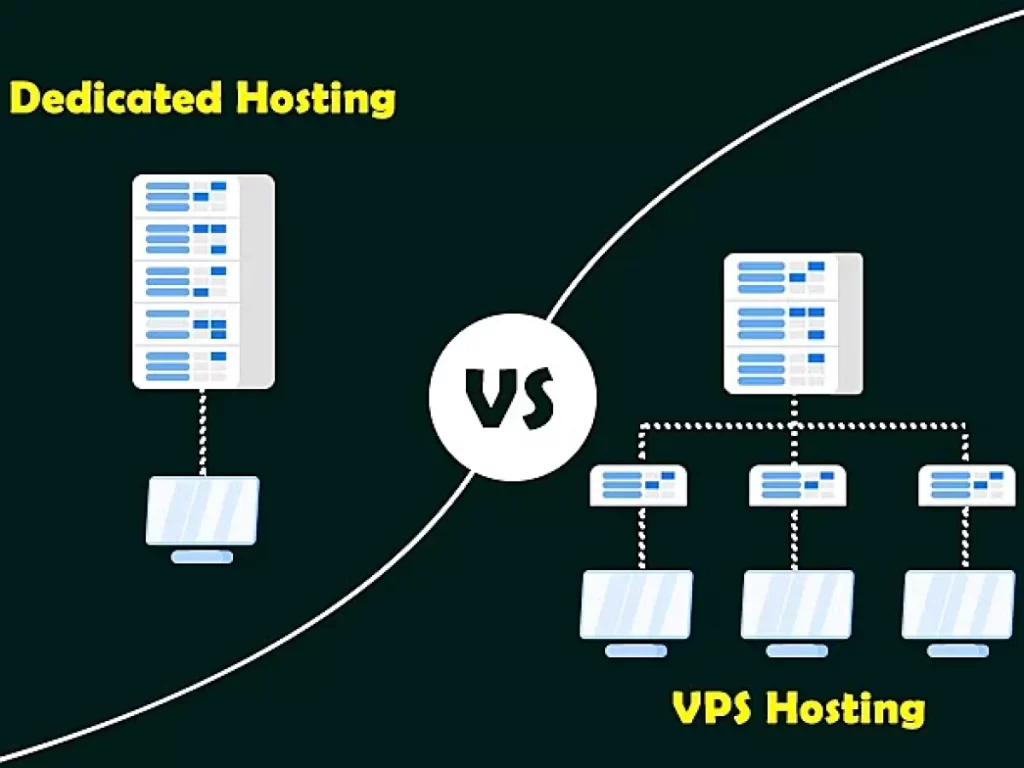
Table of Contents
Understanding Virtual Private Servers (VPS)
A Virtual Private Server, as the name suggests, operates within a shared environment but provides users with a dedicated portion of resources. Think of it as a virtualized instance within a physical server, where multiple VPS instances coexist, each isolated from the others. This isolation ensures that activities and performance issues on one VPS don’t affect others.

Advantages of VPS
Virtual Private Servers (VPS) offer numerous advantages that make them a popular choice for hosting websites, applications, and online services. Let’s delve into some of the key advantages of VPS hosting:
- Cost-Effectiveness: VPS hosting is typically more budget-friendly compared to dedicated servers, making it an attractive option for startups and small to medium-sized businesses looking to establish an online presence without breaking the bank.
- Scalability: VPS hosting offers scalability, allowing users to adjust their resource allocation as their website traffic and requirements grow. This flexibility ensures that businesses can adapt their hosting resources to match their evolving needs.
- Isolation: With VPS hosting, your resources are isolated from others, providing a higher level of security and stability compared to shared hosting environments. This isolation also means that performance issues on neighboring VPS instances won’t impact your website.
- Root Access: In many VPS hosting plans, users have root access to their virtual server, giving them greater control over the server environment and allowing for customization according to specific requirements.
Disadvantages of VPS
While Virtual Private Servers (VPS) offer numerous benefits, they also come with certain limitations and drawbacks that users should consider before choosing this hosting solution. Let’s explore some of the disadvantages of VPS hosting:
- Resource Limitations: While VPS hosting offers dedicated resources, they are still finite and shared with other VPS instances on the same physical server. High traffic spikes or resource-intensive applications may lead to performance issues if not properly managed.
- Technical Expertise Required: Managing a VPS often requires a certain level of technical proficiency, including server administration skills. While many hosting providers offer managed VPS solutions, users may still need to troubleshoot issues or perform system configurations themselves.
- Responsibility for Server Maintenance: Unlike managed hosting solutions where the hosting provider handles server maintenance tasks, VPS hosting places the responsibility of server management squarely on the user. This includes tasks such as software updates, security patches, backups, monitoring, and performance optimization.
Exploring Dedicated Servers
A Dedicated Server provides users with exclusive access to an entire physical server, offering maximum performance, control, and security. Unlike VPS hosting, where resources are divided among multiple virtual instances, dedicated servers are dedicated solely to one user or organization.
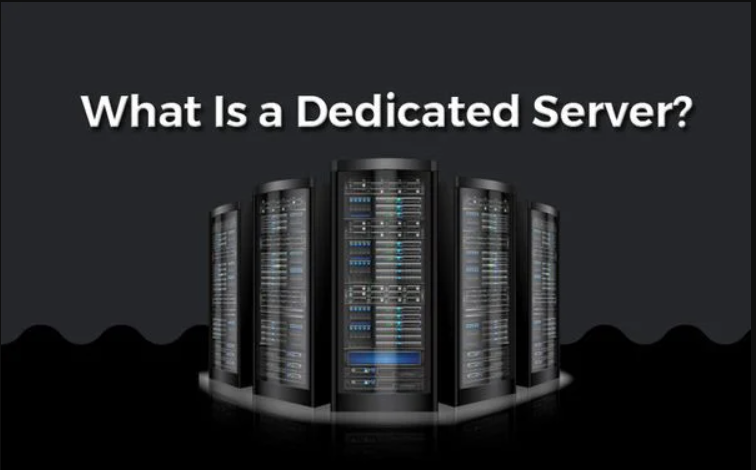
Advantages of Dedicated Servers
Dedicated servers are a powerful hosting solution that offers numerous advantages for businesses and individuals with demanding hosting requirements. Let’s explore some of the key advantages of dedicated servers:
- Unmatched Performance: With dedicated resources at your disposal, you can expect unparalleled performance from a dedicated server. This makes it ideal for resource-intensive applications, high-traffic websites, and mission-critical workloads.
- Full Control: As the sole user of the server, you have complete control over its configuration, software installations, security settings, and more. This level of control is especially beneficial for businesses with specific compliance requirements or custom software needs.
- Enhanced Security: Dedicated servers offer a higher level of security compared to shared or VPS hosting environments. Since you’re not sharing resources with other users, the risk of security breaches or unauthorized access is significantly reduced.
- Customization Options: With a dedicated server, you have the freedom to tailor the hardware specifications and software stack according to your exact requirements. This customization capability allows you to optimize performance and ensure compatibility with your applications.
Disadvantages of Dedicated Servers
While dedicated servers offer numerous benefits, they also come with certain disadvantages and considerations that users should be aware of before opting for this hosting solution. Let’s explore some of the key disadvantages of dedicated servers:
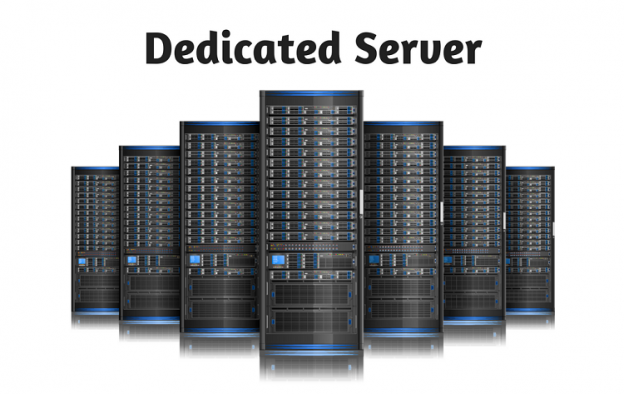
- Higher Cost: The biggest drawback of dedicated servers is their cost. Since you’re renting an entire physical server, dedicated hosting tends to be more expensive than VPS or shared hosting solutions. This can be a barrier for small businesses or individuals with limited budgets.
- Maintenance Responsibility: With great control comes great responsibility. Managing a dedicated server requires technical expertise and ongoing maintenance tasks, including software updates, security patches, backups, and performance optimization.
- Single Point of Failure: Dedicated servers operate on a single physical server hardware, which means they are vulnerable to hardware failures or malfunctions. In the event of a hardware failure, such as a hard drive failure or motherboard malfunction, the entire server may become inaccessible, leading to downtime and data loss. While redundant hardware configurations and backup solutions can mitigate the risk of hardware failures, they add complexity and cost to the server infrastructure.
Choosing the Right Hosting Solution
When it comes to choosing between VPS and Dedicated Servers, there’s no one-size-fits-all solution. The decision depends on various factors, including your budget, performance requirements, technical proficiency, and scalability needs.
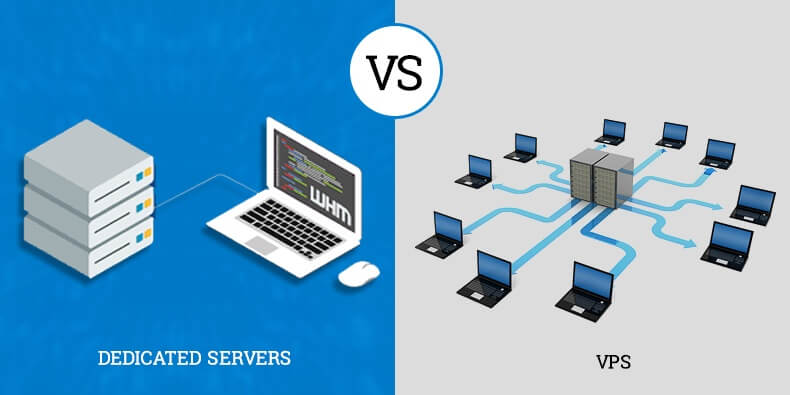
- Choose VPS If:
- You’re on a tight budget and need a cost-effective hosting solution.
- Scalability and flexibility are important, allowing you to adjust resources as needed.
- You require a higher level of security and isolation compared to shared hosting.
- You have basic to intermediate technical skills or opt for managed VPS hosting.
- Choose Dedicated Server If:
- Performance is paramount, and you need dedicated resources for high-traffic websites or applications.
- You demand full control over the server environment for customization and compliance purposes.
- Security is a top priority, and you want maximum isolation from other users.
- You have the budget and technical expertise to manage and maintain a dedicated server.
Conclusion
In conclusion, both VPS and Dedicated Servers offer distinct advantages and cater to different hosting requirements. By understanding your priorities and evaluating your needs against the features and limitations of each option, you can make an informed decision that aligns with your business goals and budget constraints. Whether you opt for the cost-effective scalability of VPS hosting or the unmatched performance and control of a dedicated server, choosing the right hosting solution is essential for ensuring the success and stability of your online presence.




